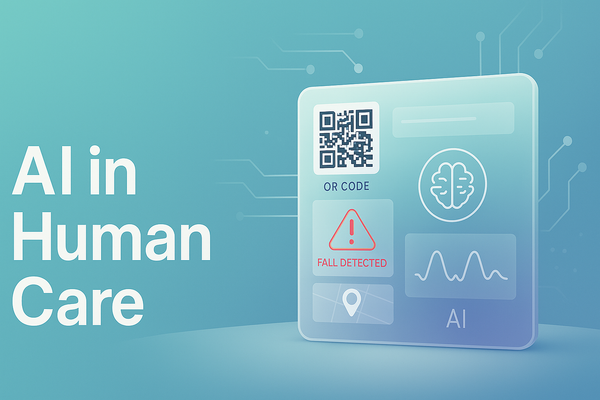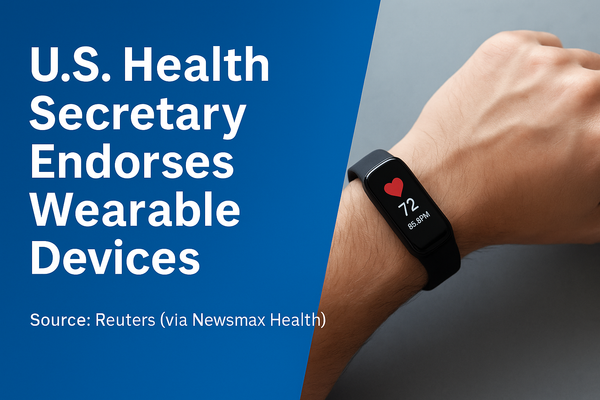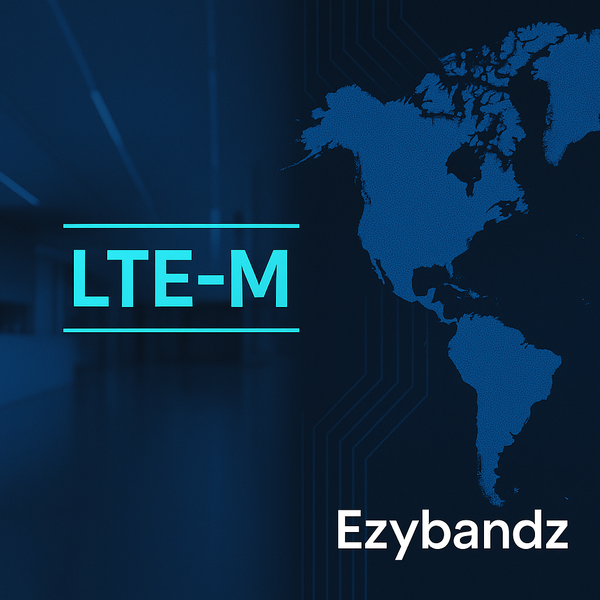Health Wearables and the Privacy Equation
Wearable technology has evolved from fitness accessories to vital tools in healthcare. Devices now detect falls, send emergency alerts, and share medical data in real time helping people live independently and stay connected to care networks.
But as functionality increases, so does responsibility. These devices handle some of the most sensitive personal data imaginable, raising an urgent question: how do we protect the information that keeps people safe?
Health Data: A Different Kind of Responsibility
Health data is unlike any other form of personal information. It reveals not just habits, but conditions, locations, and patterns of life. Unlike a password or credit card number, health data cannot be replaced once exposed.
Globally, governments have responded with strict privacy frameworks the General Data Protection Regulation (GDPR) across Europe, UK GDPR, and the Health Insurance Portability and Accountability Act (HIPAA) in the United States. Each sets out how medical data should be collected, used, and stored, but all share one clear principle: individuals must remain in control of their own data.
That principle is shaping a new era of health innovation, one that values transparency as much as technology.
Privacy by Design: From Compliance to Culture
Leading HealthTech innovators are moving beyond compliance to embed privacy directly into the architecture of their systems a concept known as privacy by design.
Instead of treating security as an afterthought, this approach builds it into every level of operation: from device firmware to cloud infrastructure. It limits unnecessary data collection, ensures end-to-end encryption, and gives users visibility into where and how their data is managed.
Ezybandz, a global HealthTech company developing connected medical alert solutions, is among those applying these principles. Its systems prioritise data minimisation, regional storage compliance, and user-controlled permissions, aligning with international standards such as GDPR, UK GDPR, and HIPAA.
This proactive design philosophy represents the new foundation for responsible digital healthcare.
Data Sovereignty and User Control
Data sovereignty - the concept that data should remain governed by the same jurisdiction as the person it belongs to has become central to digital health ethics.
Users increasingly expect to know where their data is stored and who can access it. Health platforms are now adopting region-based hosting and personal dashboards that allow users to update or delete medical information, manage caregiver access, and withdraw consent at any time.
By returning control to the individual, this approach builds trust not through policy statements, but through functionality.
Securing the Next Generation of Smart Systems
As AI becomes more integrated into wearable health technology, security frameworks are evolving again. Predictive algorithms, behavioural analytics, and remote monitoring introduce new layers of data complexity.
Emerging safeguards include:
-
Zero-trust architectures - verifying every system interaction.
-
Federated learning - allowing AI to learn from local data without centralising it.
-
AI-based anomaly detection - identifying suspicious activity in real time.
These advances signal an industry-wide shift from reactive protection to continuous, proactive defence. Companies like Ezybandz are adopting these methods to ensure the integrity of both user data and system intelligence.
Transparency as a Measure of Credibility
Transparency is quickly becoming the measure of maturity in connected health. Hospitals, aged-care providers, and individual consumers now ask detailed questions about where data lives, who can see it, and what rights they retain.
Organisations that can answer those questions clearly and back them with verifiable architecture will define the next generation of trusted HealthTech. The focus is moving beyond device capability to ethical accountability.
Looking Ahead
The conversation about wearable technology is shifting from “what it can do” to “how responsibly it does it.”
For global HealthTech companies, privacy is no longer an optional feature; it is a fundamental design requirement. Trust built through transparency, compliance, and responsible engineering will underpin the future of connected care.
Ezybandz represents one example of this direction: technology that empowers independence while protecting the data that makes it possible.












